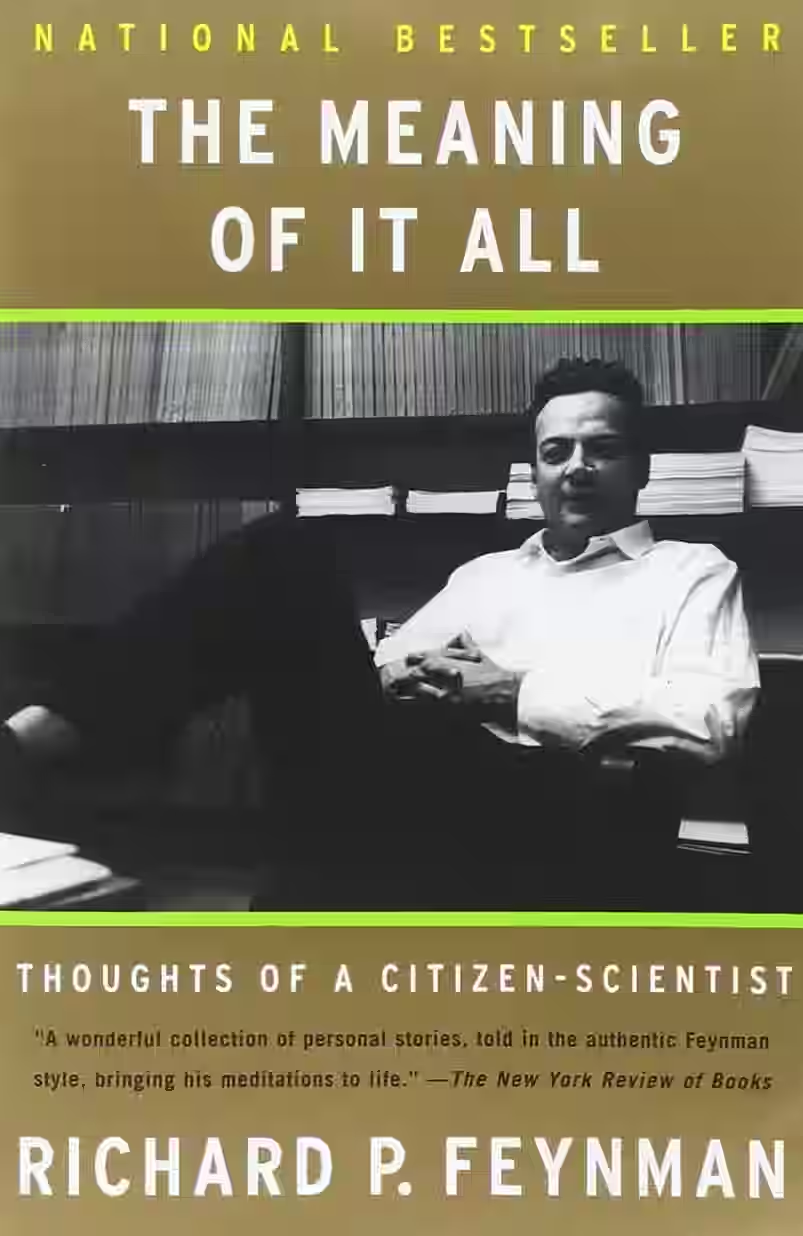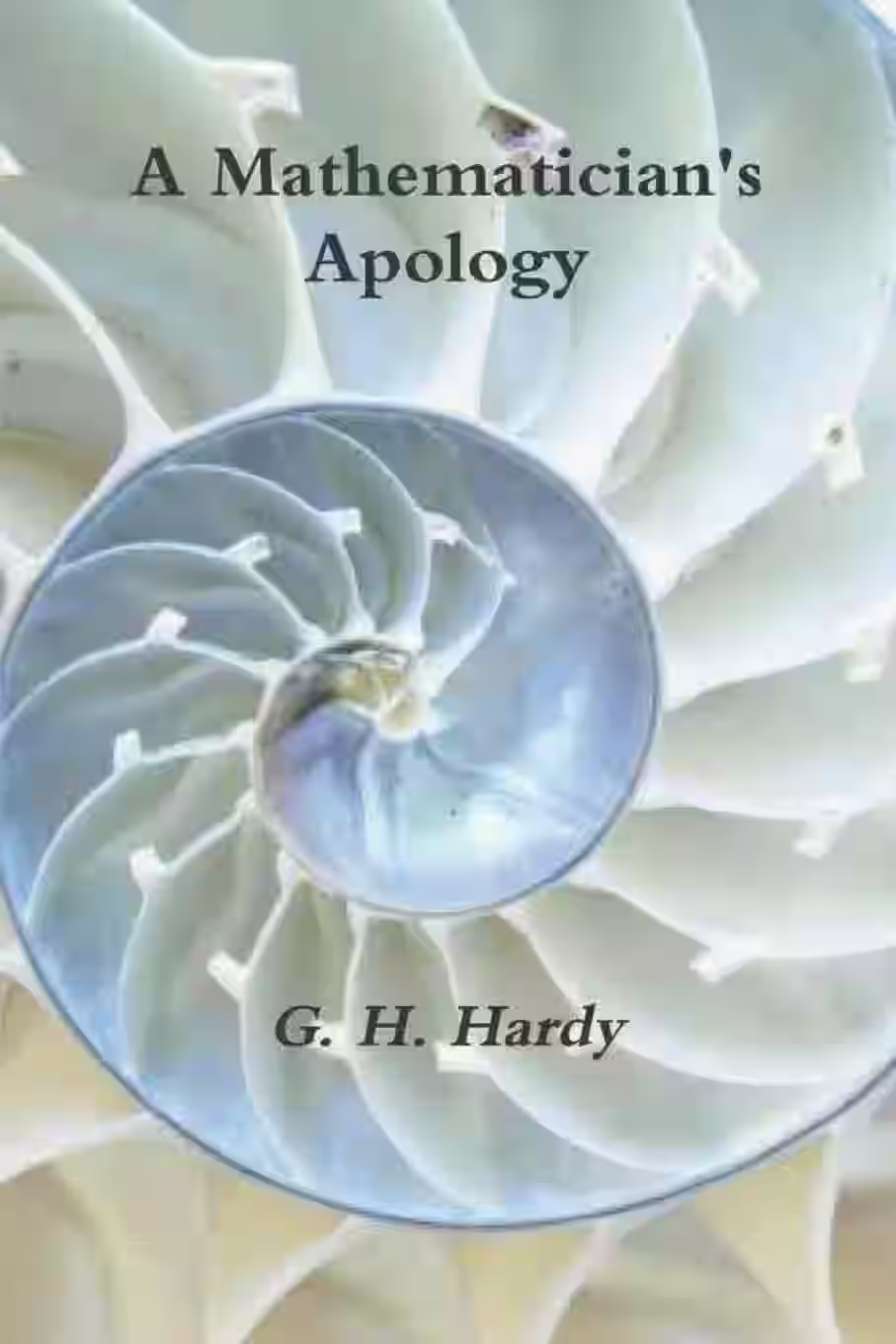
This collection of three lectures by Nobel laureate Richard Feynman explores the relationship between science, religion, and society. Feynman discusses the value of doubt, the importance of scientific integrity, and the challenges of communicating scientific ideas to the public. His reflections offer a candid and insightful perspective on the role of science in understanding the world and addressing human concerns.
About Richard Feynman
An American theoretical physicist, renowned for his work in quantum electrodynamics and for his captivating abilities as a lecturer and popularizer of science. His memoirs, Surely You're Joking, Mr. Feynman! and What Do You Care What Other People Think?, reveal his playful curiosity, unconventional thinking, and insatiable desire to understand the world. Feynman's unique blend of scientific brilliance and engaging personality made him an iconic figure.
Similar Books

Walden
In Walden, Thoreau reflects on his experiment of simple living in a cabin near Walden Pond. Through observations of nature and philosophical musings, he advocates for self-reliance, introspection, and a deeper connection with the natural world. The work challenges materialistic values and encourages readers to seek fulfillment beyond societal conventions. Thoreau's contemplative prose offers timeless insights into the human condition and the pursuit of a meaningful life.

Ikigai: The Japanese secret to a long and happy life
by Hector Garcia, Francesc Miralles
Ikigai, by Héctor García and Francesc Miralles, explores the Japanese concept of "ikigai"—a reason for being. Based on interviews with residents of Okinawa, one of the world’s longest-living populations, the book combines insights from Japanese philosophy, lifestyle, and longevity research. It offers practical advice on staying active, finding purpose, nurturing community ties, and living mindfully. Blending cultural wisdom with modern science, Ikigai serves as a gentle guide to living a more fulfilling and meaningful life.

Tao Te Ching
by Lao Tzu
The Tao Te Ching by Lao Tzu is a foundational text of Taoist philosophy, offering timeless wisdom on harmony, balance, and the art of living. Written over 2,500 years ago, its 81 poetic verses explore themes such as non-action (wu wei), simplicity, humility, and the natural flow of life (the Tao). Rather than prescribing rigid rules, it encourages readers to align with the rhythms of the universe and embrace stillness and inner peace. Its paradoxes and poetic style invite reflection, making it a profound guide for spiritual seekers, leaders, and anyone searching for clarity in a complex world.

A Mathematicians Apology
by G.H. Hardy
In this reflective essay, esteemed mathematician G.H. Hardy defends pure mathematics, emphasizing its intrinsic beauty over practical applications. Written during his later years, Hardy offers insights into the creative process of mathematical thought and the aesthetic pleasure derived from abstract reasoning. The work serves as both a personal memoir and a philosophical treatise, highlighting the enduring value of intellectual pursuits for their own sake.